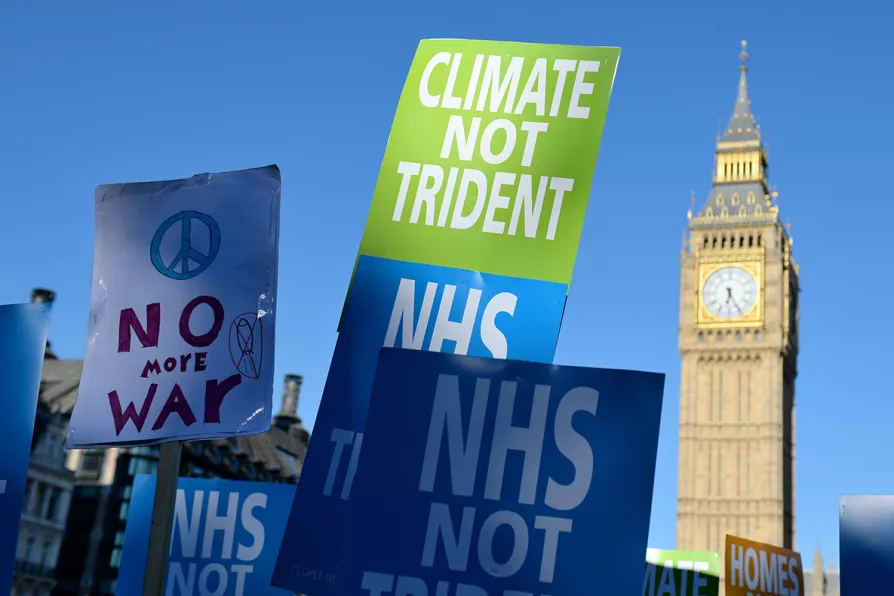As the RMT Health and Safety Conference takes place, the union is calling for urgent action on crisis of work-related stress, understaffing and the growing threat of workplace assaults. RMT leader EDDIE DEMPSEY explains

 Demonstrators at an anti-Trident CND rally in Parliament Square, London
Demonstrators at an anti-Trident CND rally in Parliament Square, London
THIS year’s TUC Congress is addressing the crucial issues facing working people in the entirely new situation of the pandemic.
There are huge challenges — how to ensure that working people don’t bear the economic burden of the pandemic; how to protect jobs and prevent mass unemployment; how to hold government to account for its catastrophic failure to protect people from the virus.
While we want to end the insecurity and limits of the pandemic, many of us don’t want to go back to how things were before, to a reality already blighted by a decade of austerity and increasing inequality.

The Communist Party of Britain’s Congress last month debated a resolution on ending opposition to all nuclear power in light of technological advances and the climate crisis. RICHARD HEBBERT explains why

Labour’s watered-down legislation won’t protect us from unfair dismissal or ban some zero-hours contracts until 2027 — leaving millions of young people vulnerable to the populist right’s appeal, warns TUC young workers chair FRASER MCGUIRE

Women are a vital part of the labour movement and have much to contribute, but there’s far more to be done to make sure that our sisters’ voices are truly heard, says PHILIPA HARVEY












